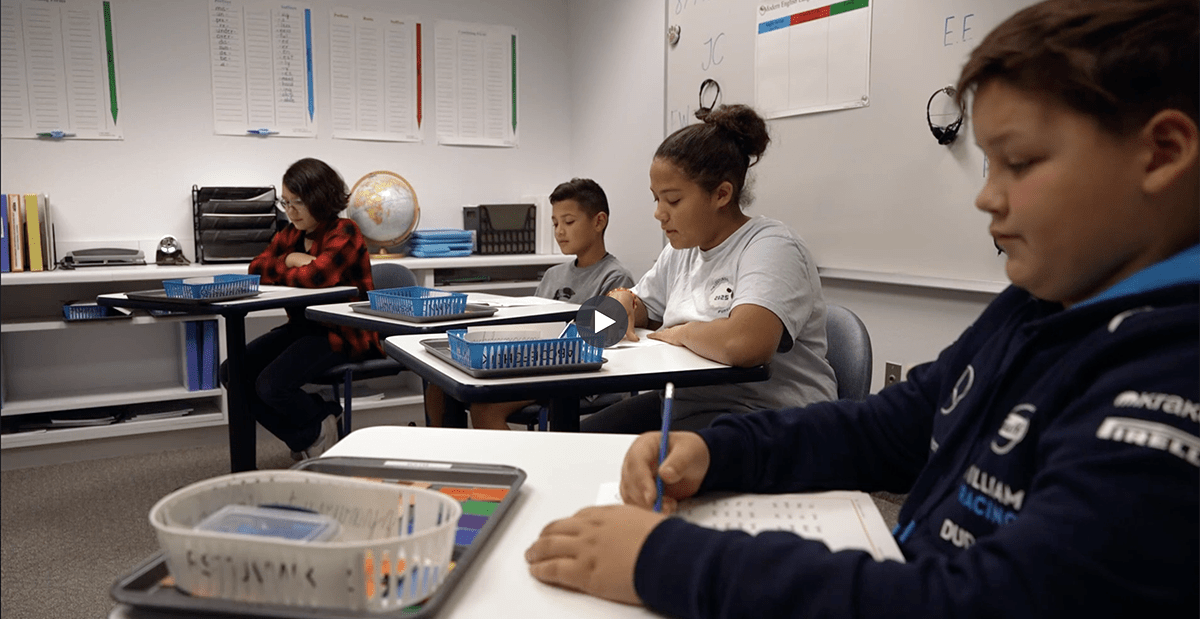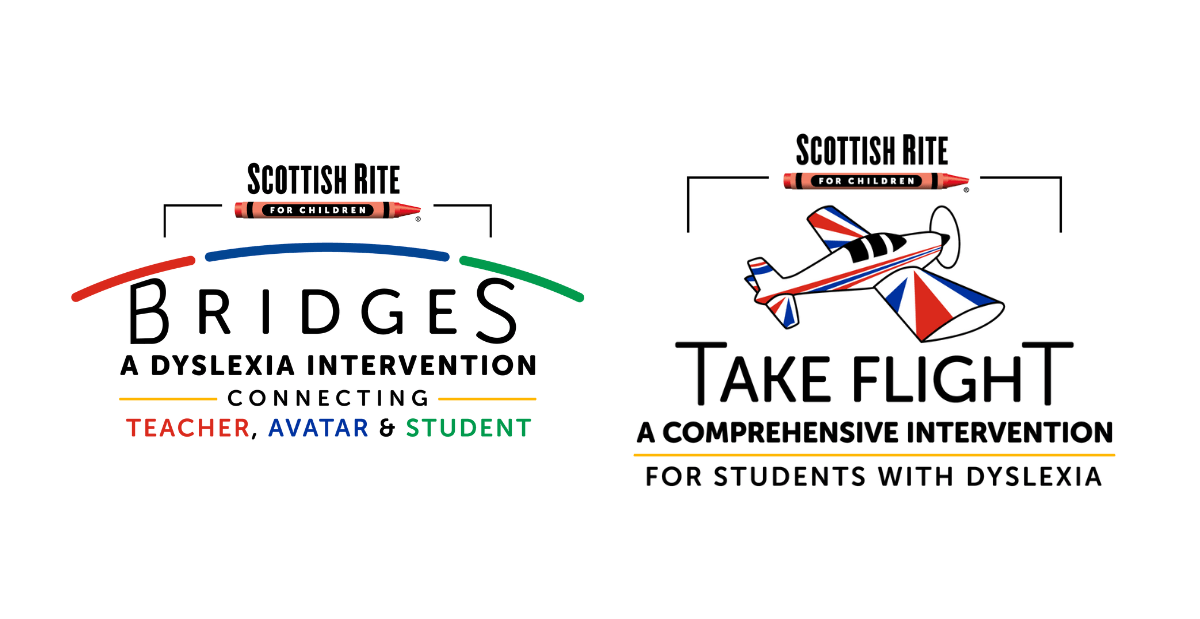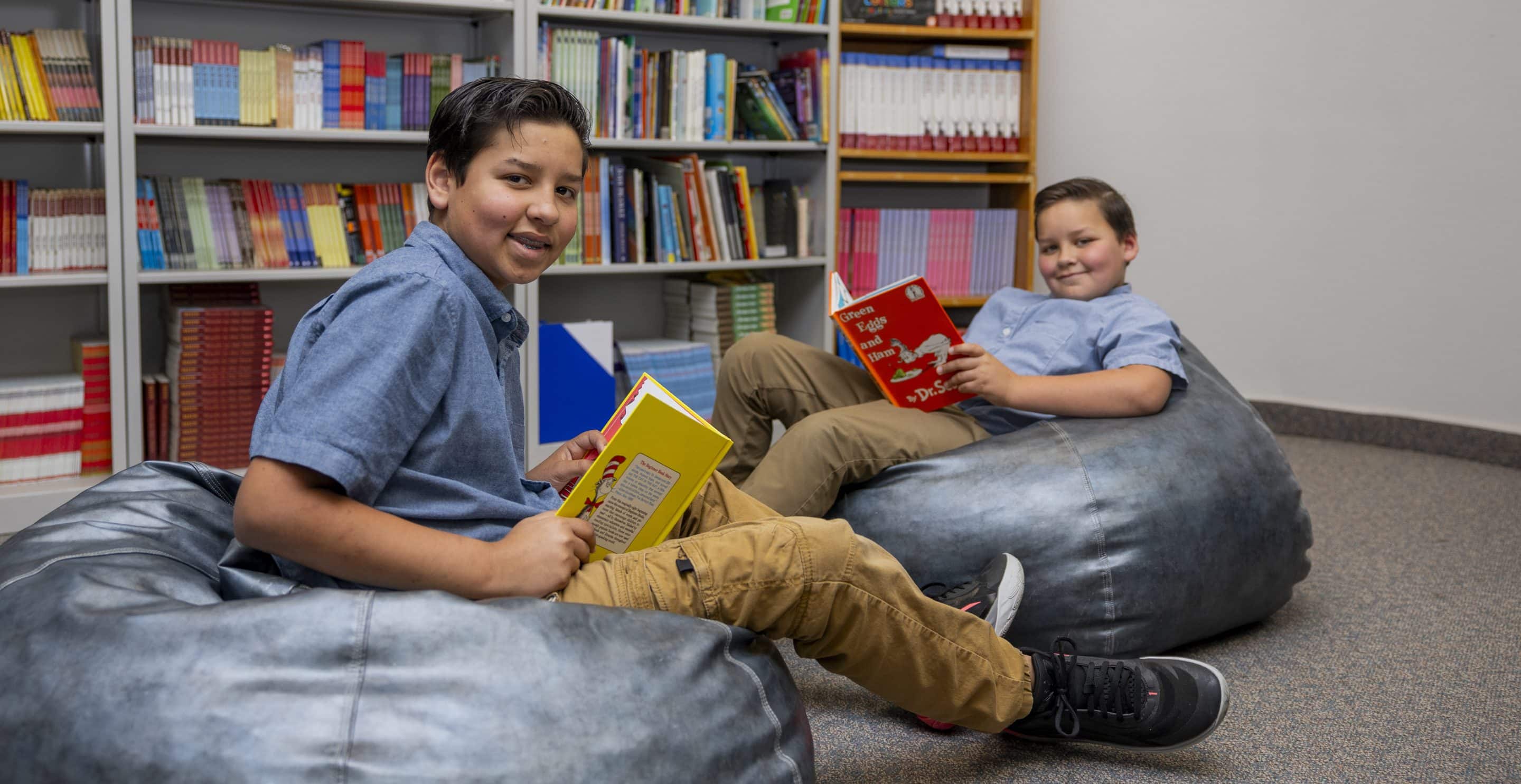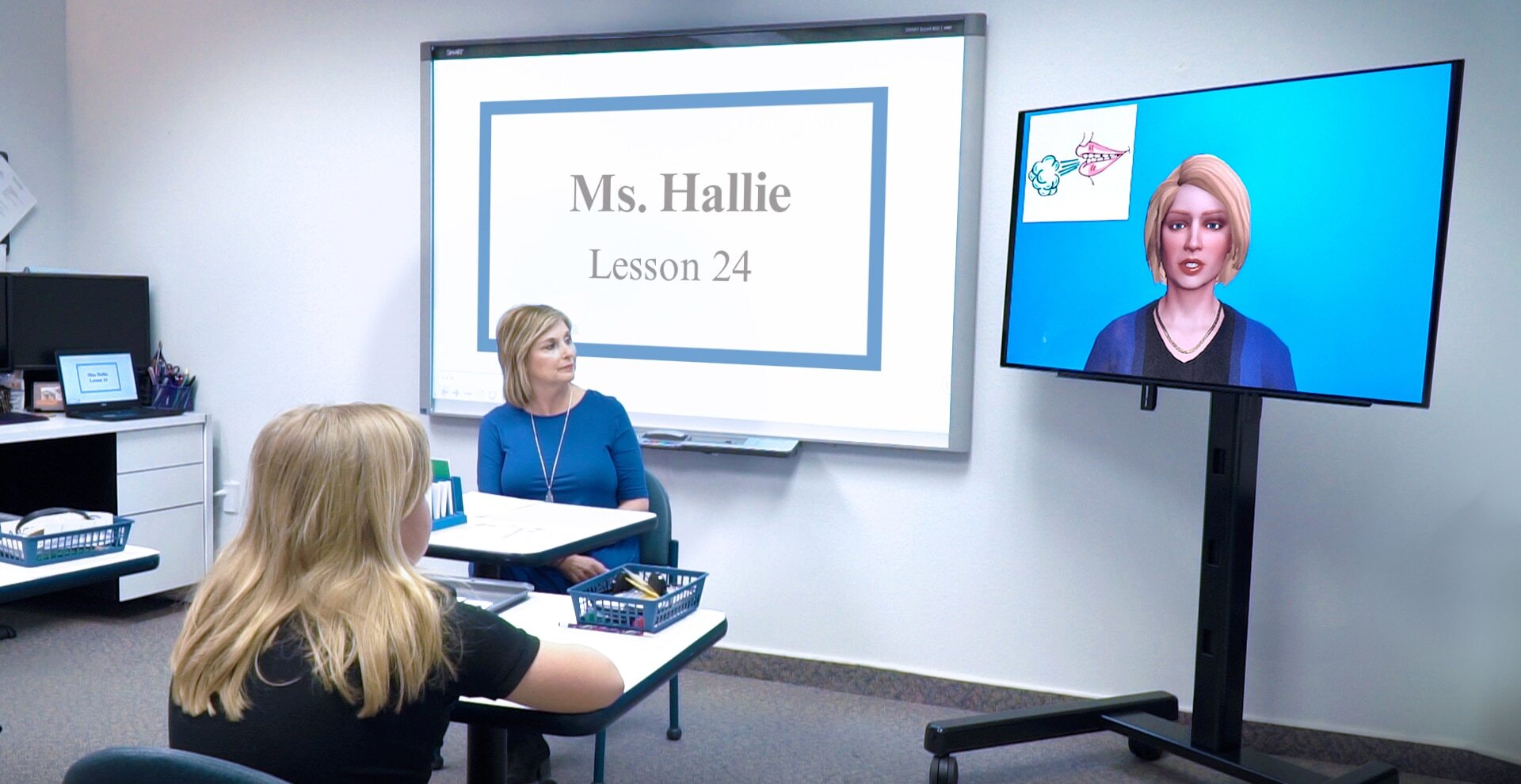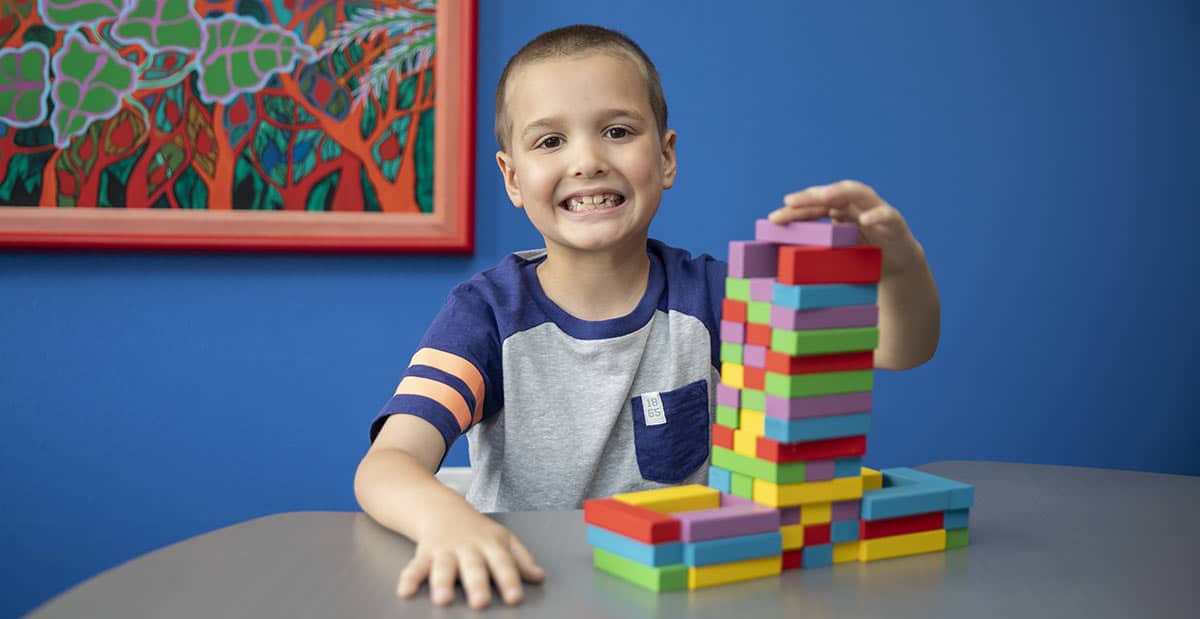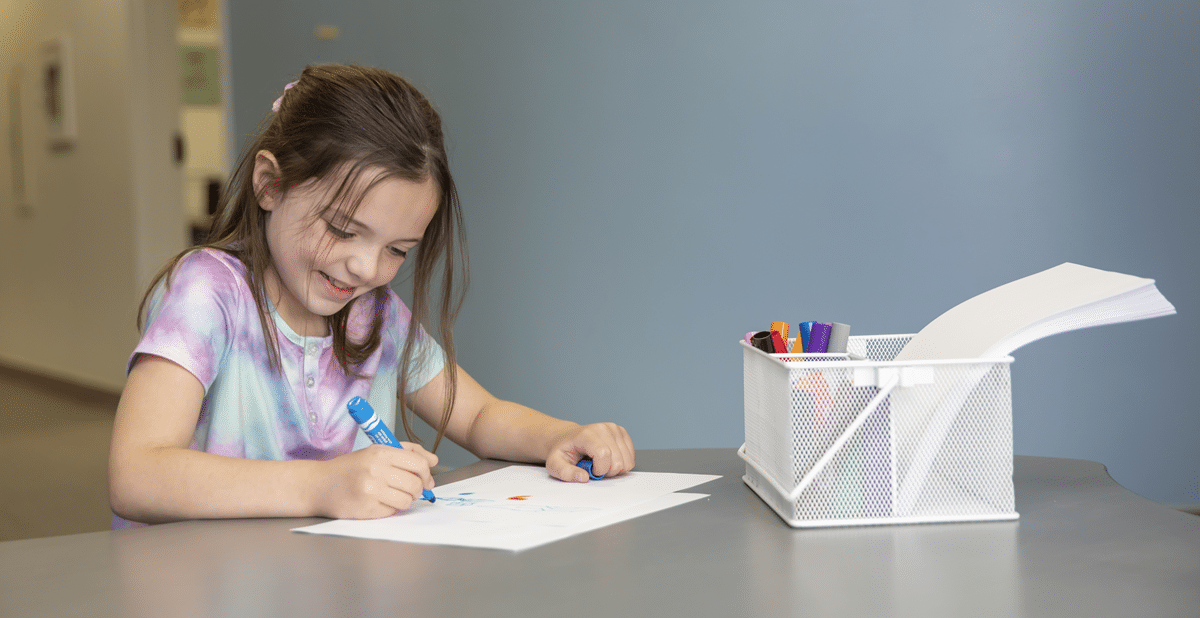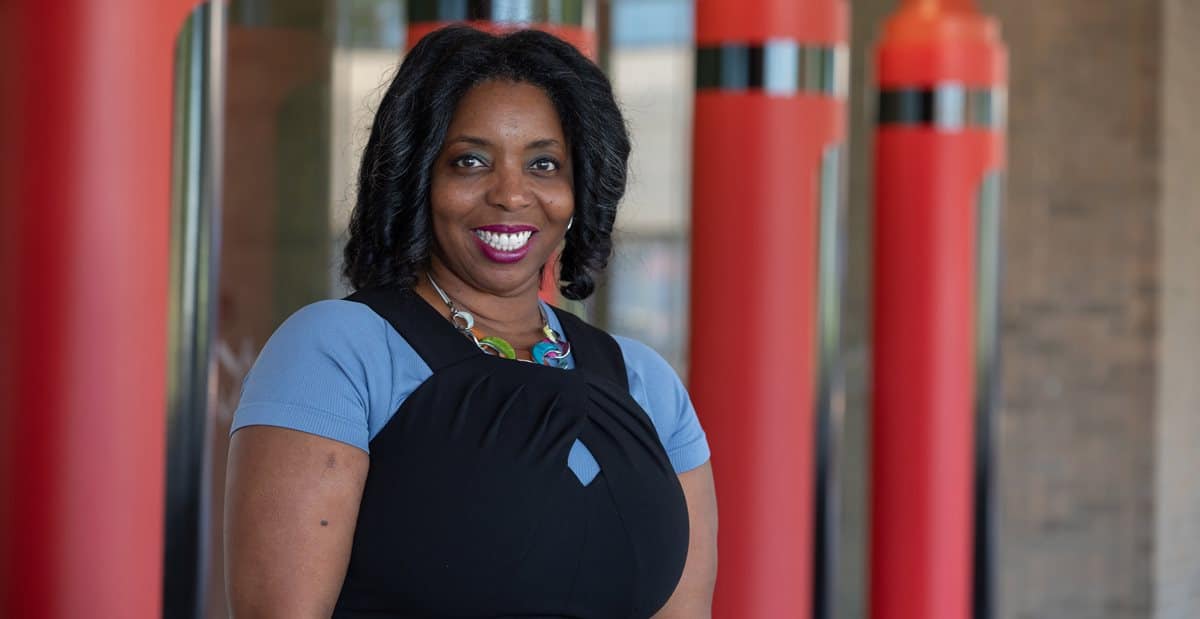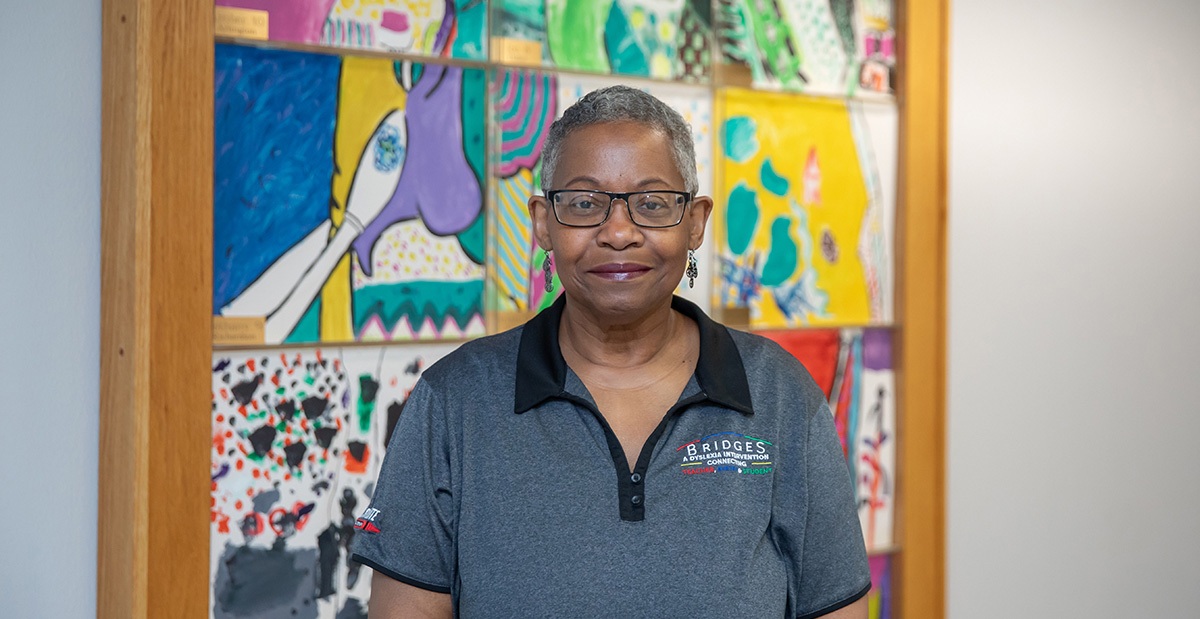Dyslexia

WHAT IS DYSLEXIA?
Learning to read is hard for many kids, and it’s even harder for children with dyslexia. Dyslexia makes it tough to match letters with sounds and turn those sounds into words. With early diagnosis and special instruction, however, children with dyslexia can learn to read, write and reach their potential.
Dyslexia typically appears as children begin learning to read. People with dyslexia process information in a way that makes reading more difficult. This has nothing to do with how smart or hardworking they are – they just learn in a different way.
Dyslexia symptoms vary and can include difficulties with:
- Learning the alphabet, shapes and numbers
- Learning letter names and sounds
- Sounding out words
- Reading or writing names, including the child’s own name
- Recognizing syllables and sounds within words
- Rhyming
- Applying speech patterns consistently
In school, children with dyslexia may read and write more slowly than their classmates. They may struggle to learn a foreign language and try to avoid class discussions to hide their reading difficulties. With the right support, kids dealing with these struggles can thrive.
MORE ABOUT DYSLEXIA
What Causes Dyslexia?
Children are born with dyslexia, but it may not always be clear they have it. The condition typically appears as children learn to read. In many cases, dyslexia runs in families, suggesting the disease has a genetic component.
How is Dyslexia Diagnosed?
It’s not possible to diagnose dyslexia with a single test or online quiz. Instead, diagnosis requires a comprehensive evaluation.
At the Luke Waites Center for Dyslexia & Learning Disorders at Scottish Rite, our clinical experts provide these evaluations for children ages 5 to 14 to assess their:
- Academic skills
- Cognitive and developmental abilities
- Social and emotional functioning
After the evaluation, clinicians discuss diagnostic findings and recommend next steps with parents and families, helping them choose the best path forward.
To be eligible for an evaluation, a child must be proficient in English and have a suspected learning disorder or challenge.
Although we are known for our dyslexia evaluations, we also identify several other disorders that impact learning, including dysgraphia (difficulty producing legible handwriting), math disorders and coexisting mental health disorders.
Learn more about screening and diagnosis on our Dyslexia Patients and Families page
How is Dyslexia Treated?
Medication cannot treat dyslexia. The most effective treatment is intensive education intervention that helps the child improve phonemic awareness (the ability to pair letters to sounds and turn sounds into words) and develop reading and writing skills.
Scottish Rite is nationally recognized for our comprehensive suite of evidence-based dyslexia interventions that help children across all developmental stages build phonemic awareness, expand vocabulary and improve reading comprehension.
All our curricula are research-tested, so parents and educators can be confident our programs are effective in teaching children with dyslexia how to read.
Scottish Rite programs are on the Texas Education Agency’s approved list of dyslexia interventions. They address all areas of instruction identified in the Texas Dyslexia Handbook.
Our flagship program, Take Flight: A Comprehensive Curriculum for Students with Dyslexia, is the industry-standard intervention for children 7 and older with dyslexia.
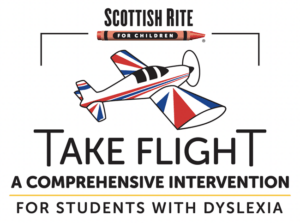
Students grow their reading skills through two years of intensive, small-group instruction from a certified Academic Language Therapist. Children can participate in a Take Flight intervention in schools that offer the curriculum. A child may also be eligible to enroll in Take Flight through The Center’s Dyslexia Laboratory School on Scottish Rite’s Dallas campus.
Note: Children with specific learning disabilities, including dyslexia, are eligible by law to receive accommodations in public schools, including special instruction and more time to complete assignments.
Scottish Rite’s other curricula include:
Bridges
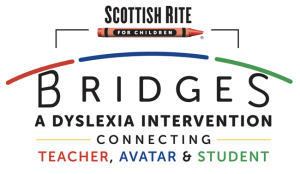 Highly accessible, two-year program that uses technology and live instruction to deliver a fun and engaging learning experience
Highly accessible, two-year program that uses technology and live instruction to deliver a fun and engaging learning experience
- Certified classroom or special education teachers partner with a digital teacher, Ms. Hallie, to teach the curriculum
- Program mirrors the Take Flight program
- Ms. Hallie handles more complex lesson components while certified teachers ensure instruction proceeds at the right pace for individual students
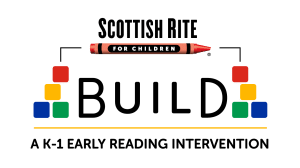 Build
Build
-
- A 100-lesson, small-group intervention that meets the specific needs of younger elementary school students struggling to read
- Taught in a developmentally appropriate manner
- Addresses five key components of effective reading instruction for younger children: alphabet skills, letter/sound knowledge, phonological awareness, vocabulary and comprehension

Turbo Start
A nine-week program that provides a jump start for students of all ages who need comprehensive dyslexia intervention while awaiting placement in an intervention group
Jet
- Accelerated small-group dyslexia intervention for students 14 and olde
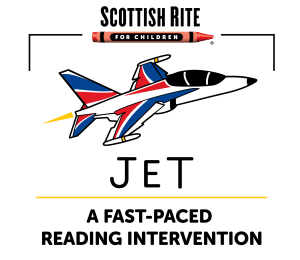 r
r - Covers same information as the Take Flight intervention in one school year versus two
- Teaching and learning materials more suitable for older students
SCOTTISH RITE LEADS THE WAY IN DYSLEXIA RESEARCH
Research is at the core of the Center for Dyslexia’s mission. Our experts are committed to advancing the study of dyslexia to better understand why this and other language-based learning disorders develop.
We partner with universities and school districts throughout the U.S. to study the learning variations among children with dyslexia to determine how we can refine our treatments to meet every child’s needs.
Through continuous innovation, we ensure all children can read and write with confidence and thrive inside and outside the classroom.
Learn more about our research
Although dyslexia is one of the most recognized learning disorders, there are several others that can impact a child’s academic journey. Click the links below to learn more about other disorders our experts diagnose and treat.
Watch this short video to hear one of our dyslexia education experts debunk common dyslexia myths.
Latest news: Dyslexia
WFAA: Scottish Rite’s Luke Waites Center Drives Dyslexia Research and Education
WFAA recently featured the Luke Waites Center for Dyslexia and Learning Disorders at Scottish Rite for Children in honor of Dyslexia Awareness Month. For more than 60 years, the Center has transformed…
Spectrum News 1: Fort Worth ISD approves launch of Bridges and Take Flight Programs
Fort Worth ISD is celebrating significant gains in 2025 STAAR test scores, with most grade levels and subjects showing improvement and several surpassing district targets. At a recent board meeting, the district…
DFWChild: Decoding Dyslexia and Depression
Scottish Rite for Children\'s Luke Waites Center for Dyslexia and Learning Disorders was established to help identify and treat children with various learning disorders, such as dyslexia. Dyslexia is a learning difference…
Scottish Rite for Children Creates Web-Based Dyslexia Program to Meet Growing Demand
Scottish Rite for Children has expanded its award-winning suite of dyslexia curricula with the launch of a web-based intervention that reduces teacher training time and cost while preserving high-quality, evidence-based instruction. The…
Levi Soars To Success With Take Flight
“We thank God for connecting us with Scottish Rite,” says Levi’s dad, Josh. “Levi was unable to recognize his letters when we first arrived, and now he’s reading chapter books.” Nine-year-old Levi,…
Recognizing Early Signs of Dyslexia in Preschoolers
Dyslexia is the most common learning disorder in the United States, making up approximately 80% of all diagnosed learning disorders, according to the American Psychiatric Association. When not addressed, dyslexia can lead from simple issues…
Anxiety in Children with Dyslexia
Anxiety is one of the most common mental health challenges in children, and it affects one in eight children in the United States. While the condition is not unusual, it can present…
Get to Know our Staff: Judy Sneed, Center for Dyslexia
What is your job title/your role at Scottish Rite for Children? I am a department assistant within the Luke Waites Center for Dyslexia and Learning Disorders. What do you do on a daily…
Get to Know our Staff: Dachia Kearby, Center for Dyslexia
What is your job title/your role at Scottish Rite for Children?My job title is dyslexia therapist. What do you do on a daily basis or what sort of duties do you have…
Get to Know our Staff: Sheila Burton Adams, Center for Dyslexia
What is your job title/your role at Scottish Rite for Children? I am an assessment specialist on the Diagnostic Team in the Luke Waites Center for Dyslexia and Learning Disorders. What do…
Help us improve your online experience.
We’re working to make our website clearer, faster, and more helpful for patients, families, and healthcare professionals.
Please take a brief survey — it’ll only take a few minutes.
Your responses are anonymous


